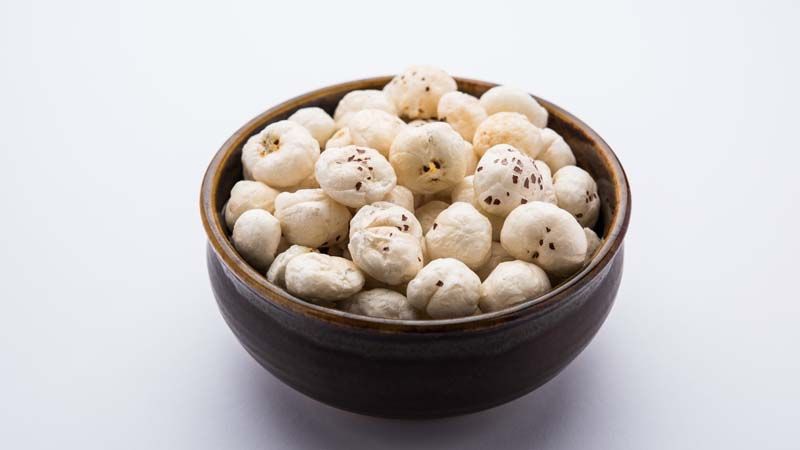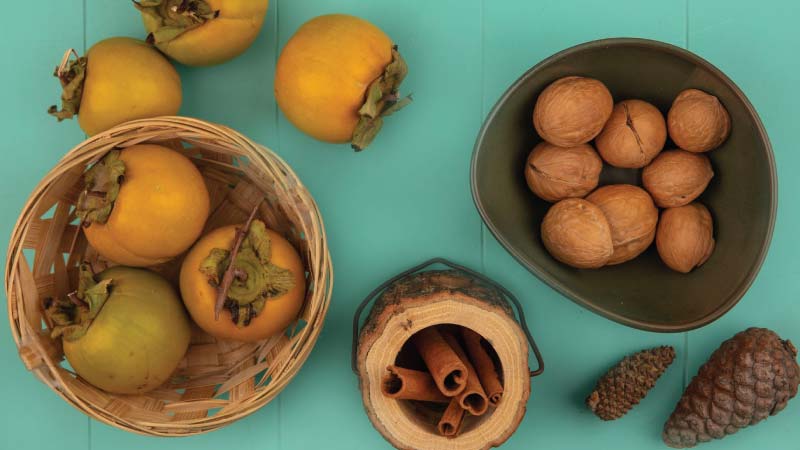Are Digestive Biscuits Healthy? What Does A Nutritionist Recommend?
- 24 months ago
Digestive biscuits have been a comforting and satisfying snack for many, often enjoyed with a cup of chai or simply on their own. Many people believe they're a healthier choice compared to some other biscuits, but let's look at what nutritionists have to say.
Let's go back in time to 19th-century Scotland, where two clever doctors, Alexander Graham, and Lister, created a special kind of biscuit. They thought their biscuits, known as 'digestive biscuits,' could help with digestion because they had lots of baking soda. Little did they know that these biscuits would become a common sight in homes all around the world.
Now, let's fast forward to today. Digestive biscuits are everywhere and they're often advertised as a healthier choice compared to chocolate chip cookies or creamy pastries. They're the perfect snack to enjoy with your afternoon tea, promising a mix of good taste and digestive benefits.
But what's the real story behind these biscuits? Are they genuinely good for you, or are they just pretending?
Nutritional profile
To better understand the nutritional value of digestive biscuits, let's break down their components:
While digestive biscuits may seem like a healthy choice due to their whole wheat content, it's crucial to examine their nutritional profile more closely.
A typical serving of two digestive biscuits (approximately 30 grams) contains:

Ingredients
- Whole Wheat Flour: This is the primary ingredient in digestive biscuits. Whole wheat flour is a healthier choice compared to refined flour as it contains more fiber, vitamins, and minerals.
- Sugar: Digestive biscuits typically contain sugar, which provides energy but should be consumed in moderation to avoid excessive sugar intake.
- Butter: Butter contributes to the flavor and texture of the biscuits. It's a source of saturated fat, so portion control is crucial.
- Oats (optional): Some brands incorporate oats into their recipes, adding extra fiber and a slightly different texture.
- Baking Soda: Baking soda is used in the traditional recipe and is believed to aid digestion, although the effect is minimal.
Why are digestive biscuits considered unhealthy?
Reason 1: Hidden sugars, fats, sodium, and refined flour
Digestive biscuits may seem harmless, but they often contain hidden sugars, fats, sodium, palm or vegetable oil, and refined flour. These additives contribute excess calories to your diet and can lead to various health issues, including obesity, diabetes, and dental problems.
Reason 2: High caloric content
Despite their small size, digestive biscuits are calorie-dense, with a single biscuit packing at least 150-160 calories. It is mainly due to their heavy use of refined flour (maida), which lacks essential nutrients, making them a source of empty calories.
Reason 3: Unhealthy calories and weight gain
Digestive biscuits provide unhealthy calories primarily from sugars, refined flour, and sodium. Consuming foods high in these ingredients can lead to rapid spikes in blood sugar levels and increased fat storage, especially around the abdomen. It can result in weight gain and a higher risk of obesity-related health problems.
You may also like: 9 best healthy snack list!
5 Healthy snack alternatives to digestive biscuits
If you're seeking healthier snack options, here are five nutritious alternatives to digestive biscuits:
- Nuts: Packed with protein and fiber, nuts aid in fat metabolism and keep you feeling full.
- Seasonal fruits: Low in calories and rich in vitamins and antioxidants, they promote weight loss and overall health.
- Mixed seeds: Loaded with nutrients, omega-3s, and fiber, seeds contribute to a balanced diet and weight management.
- Roasted makhana (Fox nuts): High in protein and fiber, they reduce hunger and support metabolism.
- Roasted chana (Chickpeas): Nutrient-rich chana keeps you full, providing essential nutrients for a healthy body.
Also try: 10 Power Pack Food Combos For Snacking
Conclusion
While digestive biscuits can be a tasty treat, they are not without their nutritional drawbacks, mainly due to their sugar and calorie content. It's essential to enjoy them in moderation and consider healthier alternatives and pairings to make your snack more nutritious. Remember that a balanced diet that includes a variety of nutrient-rich foods is key to maintaining good health while still indulging in your favorite snacks occasionally. Always consult with a registered dietitian or nutritionist for personalized dietary advice and recommendations.









